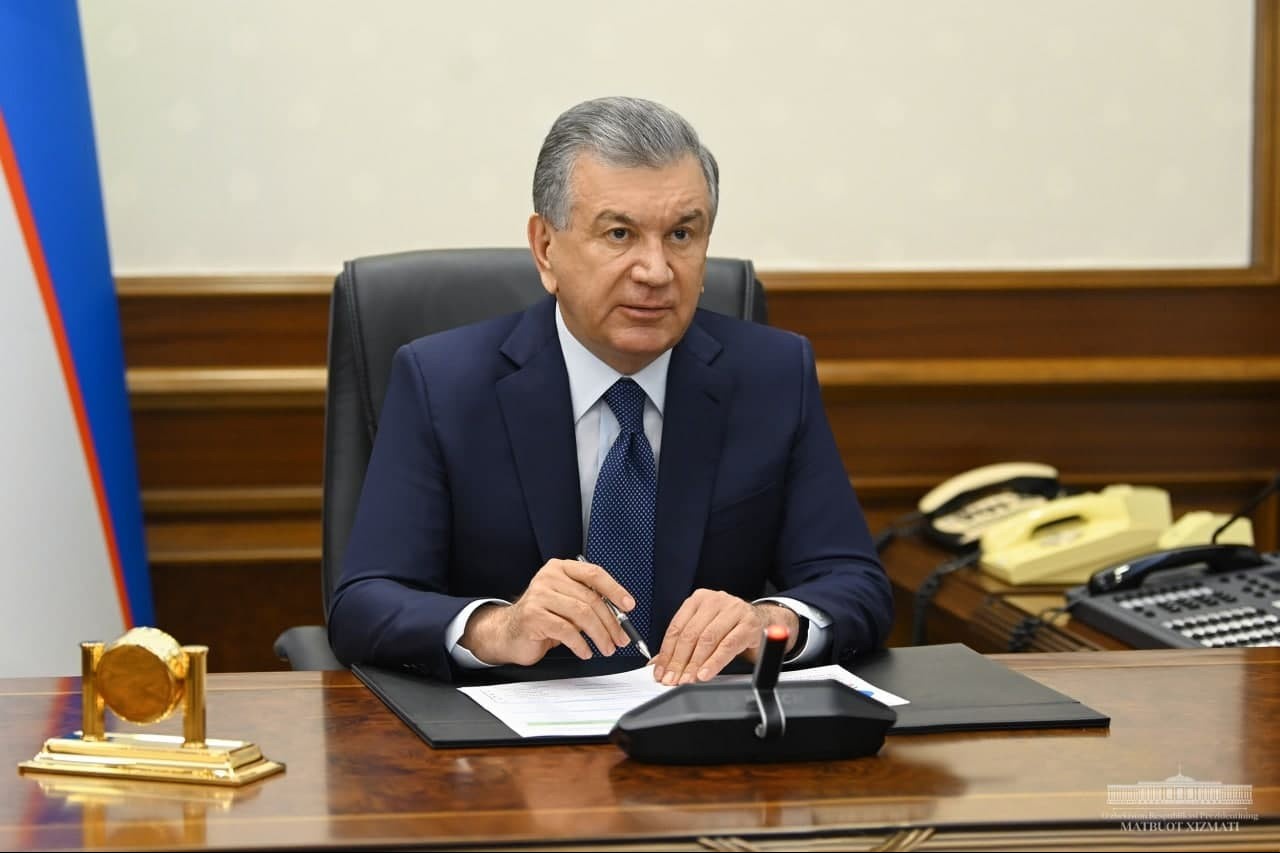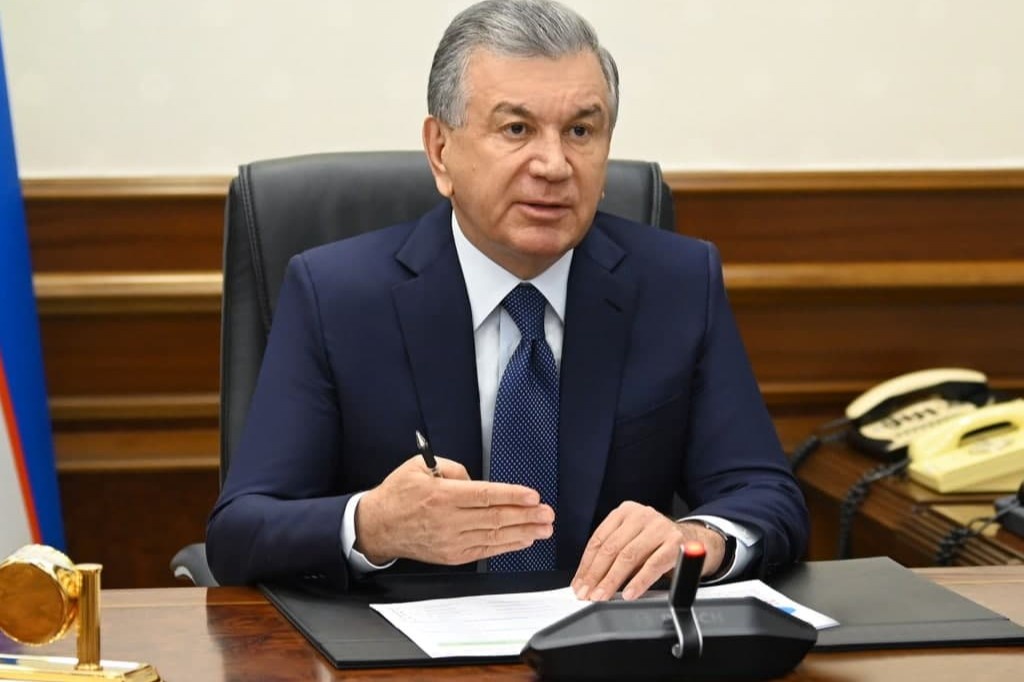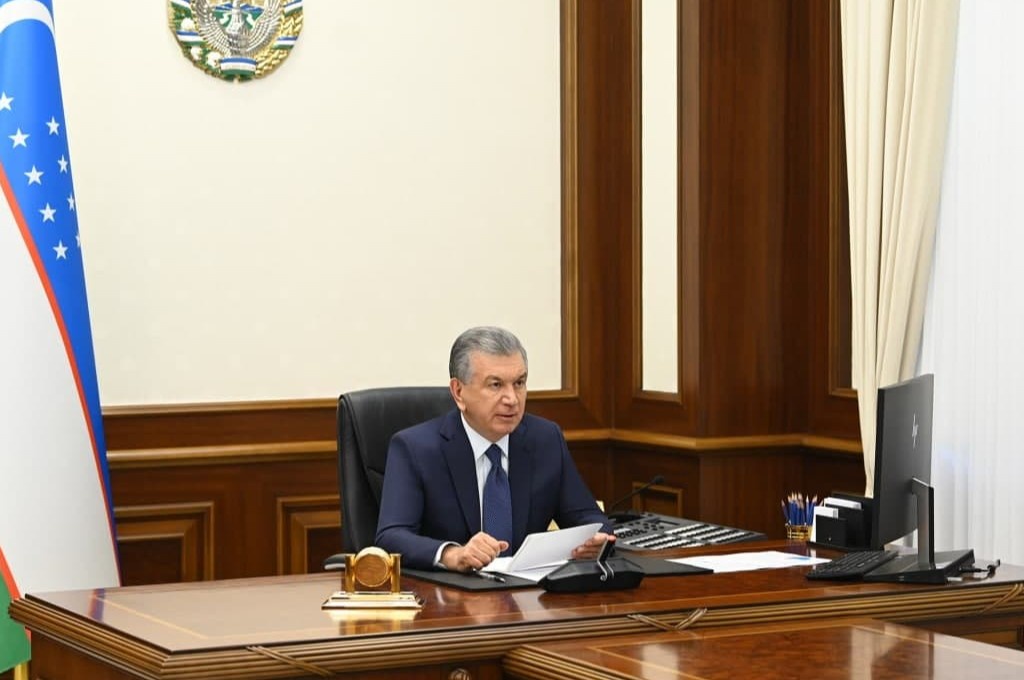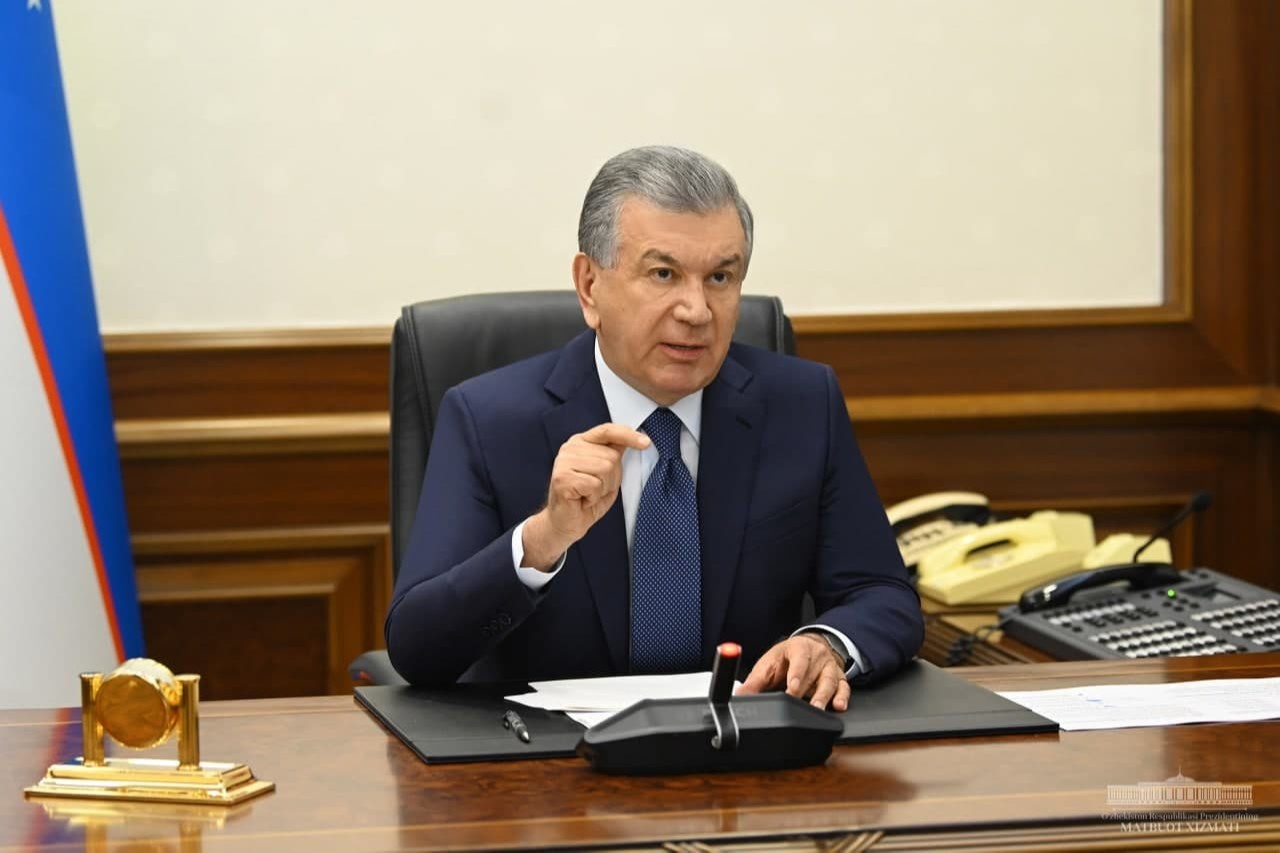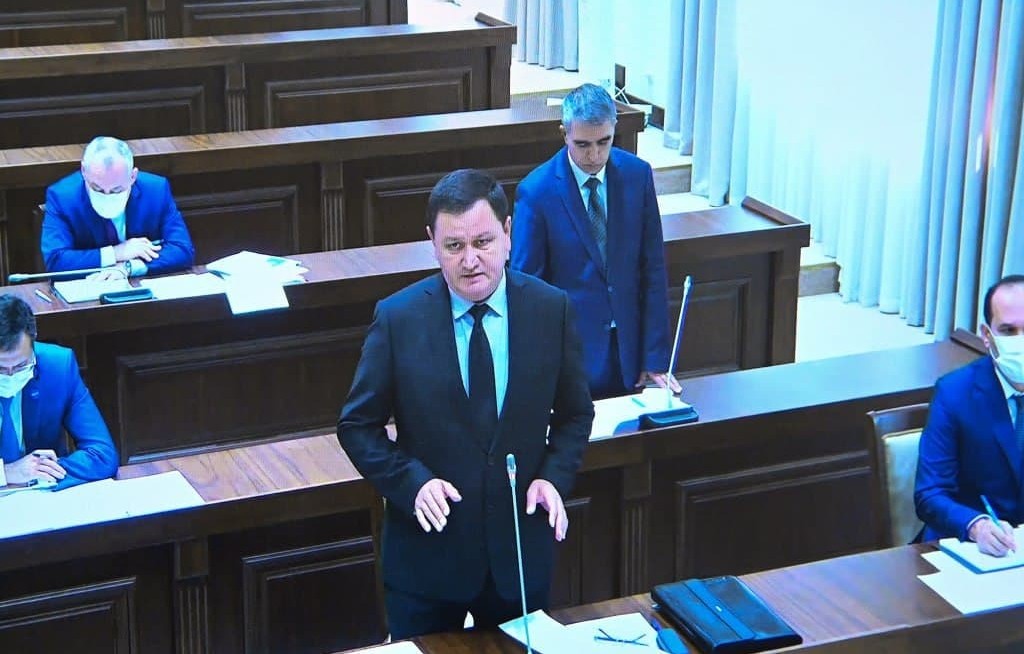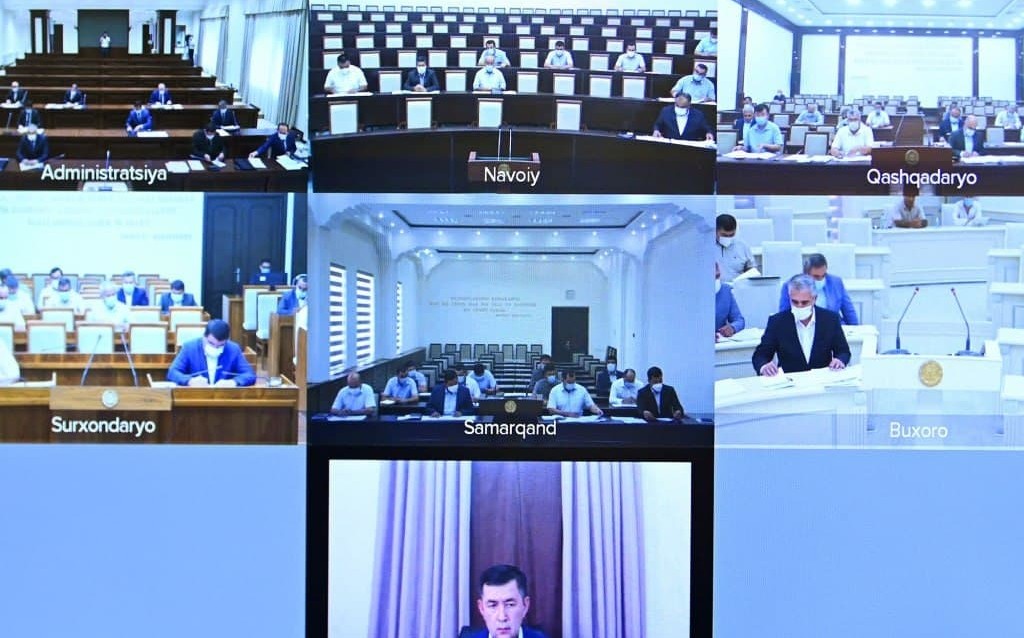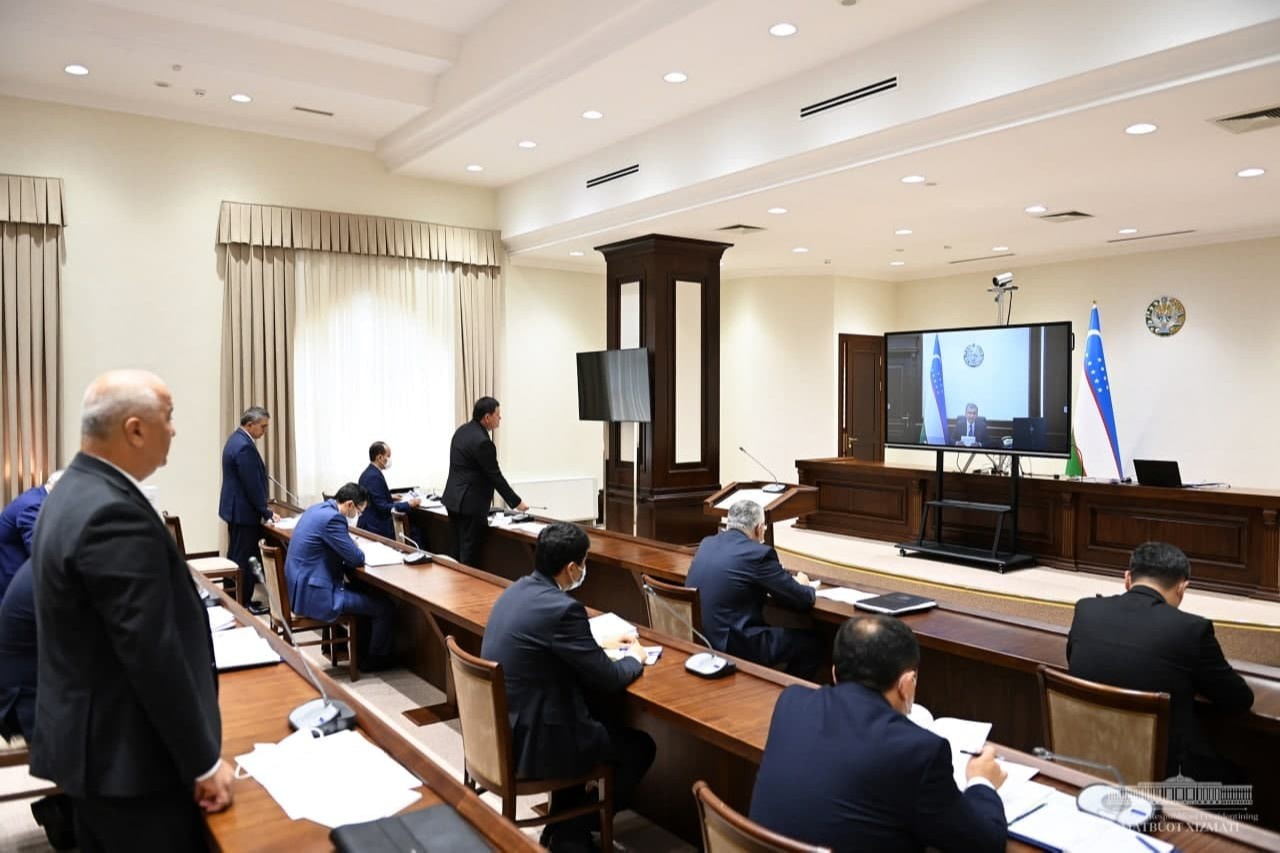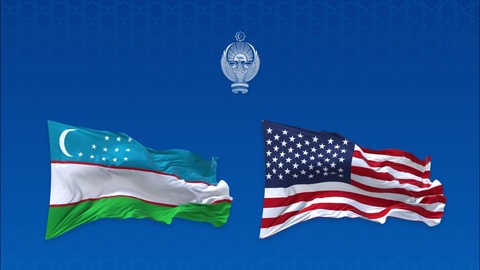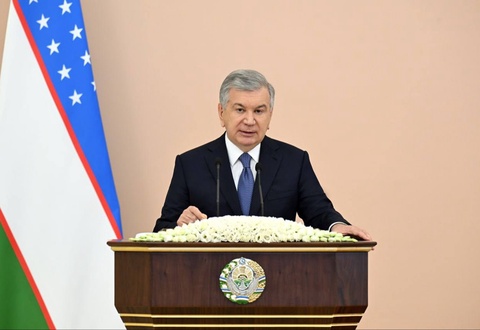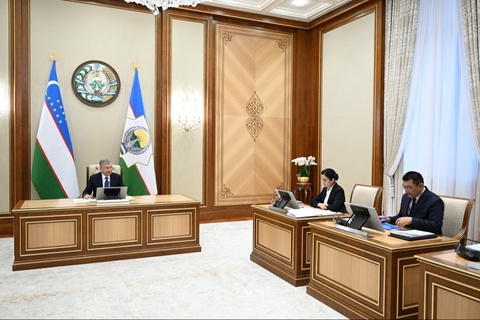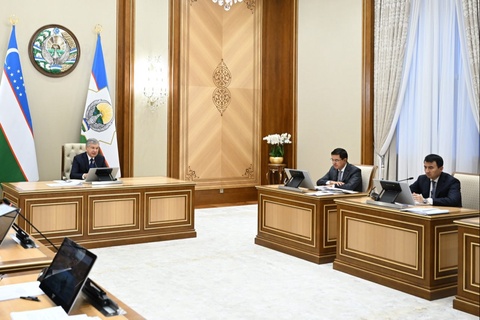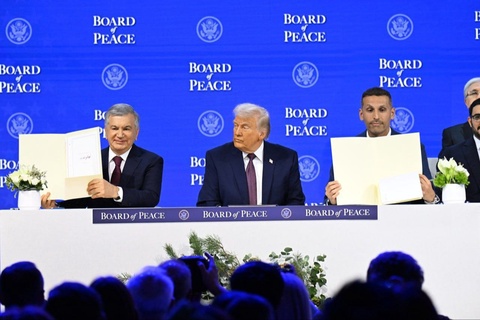There are 1,687 pumping stations in the country. 299 of them have become obsolete, as a result of which 80 thousand hectares of land had gone out of circulation, water supply has deteriorated on 607 thousand hectares. The modernization of these stations will require 700 million euros.
At the first stage, it is planned to modernize 95 pumping stations in Surkhandarya, Kashkadarya, Samarkand, Navoi and Bukhara regions at the expense of a foreign loan of 146 million euros.
Measures that should be taken in this direction were determined at the meeting.
The Ministry of Water Resources has been instructed to hold tenders for the purchase of equipment and start construction by the end of the year.
Domestic enterprises produce 15 out of 86 types of pumping equipment and 20 out of 80 types of electric motors required for modernization. The Head of the state noted the need for wider use of this factor in the purchase of equipment.
It is planned to return 40 thousand hectares of land to circulation and improve water supply on 315 thousand hectares. In particular, irrigation volumes will increase in 3 districts of Bukhara and 3 districts of Navoi region, 5 districts of Kashkadarya, 6 districts of Samarkand and 11 districts of Surkhandarya regions, in total in 28 districts.
Deputy Prime Minister and regional hokims were tasked with adopting a program for planting crops with a yield of at least 50 million UZS per hectare on the areas, the water supply of which will improve, and ensuring permanent employment of 80 thousand people on this basis.
The President noted that through the introduction of water-saving technologies on the lands covered by the project, it is possible to reduce water consumption by 40 percent and put an additional 20 thousand hectares of land into use.
The necessity of professional development of specialists in the maintenance of pumping stations, organization of training courses and workshops for them was emphasized.
The recently updated Dustlik pumping station in Kashkadarya region’s Guzar district was noted as an example. As a result of its modernization, the water supply of 11 thousand hectares of land has been improved, operating costs have decreased from 300 million to 100 million UZS, 8 million kilowatt-hours of electricity are saved annually.
Responsible persons were instructed to establish systematic control over the project, to ensure the effective use of funds. The importance of connecting each pumping station to clusters and ensuring their participation at all stages of project implementation was noted.
The ministers and regional hokims presented information about the expected results of the upcoming work at the meeting.


